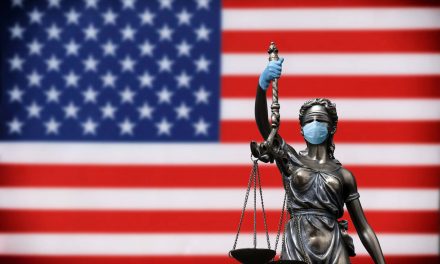
In the wake of numerous reports of harassment in public schools, the ACLU of Wisconsin reminded school leaders of their responsibility to protect all students from discrimination per their obligations under the law, especially during the month of October as anti-bullying and anti-harassment month.
A letter sen to public school administrators and board members on October 7 expressed the organization’s concern regarding complaints of persistent racial and sexual bullying and harassment in school districts across Wisconsin.
“School districts have an obligation to protect students from harassment based on race, color, national origin, sex, or disability – including bullying and harassment by other students,” said Chris Ott, ACLU of Wisconsin executive director. “Schools must be held accountable for turning a blind eye to harassment and discrimination. Students have a right to an education, and Wisconsin schools must ensure that a hostile environment does not interfere with that right.”
Over the past several years, the ACLU of Wisconsin has received complaints about the use of racial epithets and inappropriate comments about sex and gender made by students and teachers alike, as well as the absence of policies and practices for prevention and response to racial and gendered harassment of students. The organization has also documented reports of schools failing to take complaints seriously, suggesting harassing behavior should be taken as jokes, and failing to take action to implement meaningful and adequate measures to ensure these problems do not recur.
“As recipients of federal funding, Wisconsin public schools are subject to the non-discrimination requirements of Title VI of the Civil Rights Act, which prohibits discrimination on the basis of race, color, or national origin. Title VI prohibits not only intentional discrimination but also actions that have a discriminatory effect. They are also subject to the non-discrimination requirements of Title IX of the Education Amendments of 19723, which prohibits sex discrimination—including sexual harassment—in education programs that receive federal funds. As with Title VI, the U.S. Department of Education policy is that under Title IX, a school district is liable if one of its staff aided in the harassment of students through his or her position of authority at the school. In addition, schools that are recipients of federal funding may be liable for subjecting students to discrimination where the school is deliberately indifferent to known acts of student-on-student harassment and the harasser is under the school’s disciplinary authority. Title VI and Title IX not only protect students from discrimination but also shield students from being excluded from participation in or denied the benefits of any education program or activity that receives federal funding.”
Noting that students of color and students with disabilities also are expelled at disproportionate rates in Wisconsin, the ACLU of Wisconsin also warned school administrators against adopting “zero-tolerance” discipline policies that impose explicit, predetermined punishments for specific violations of school rules, regardless of the circumstances or context of the behavior.















